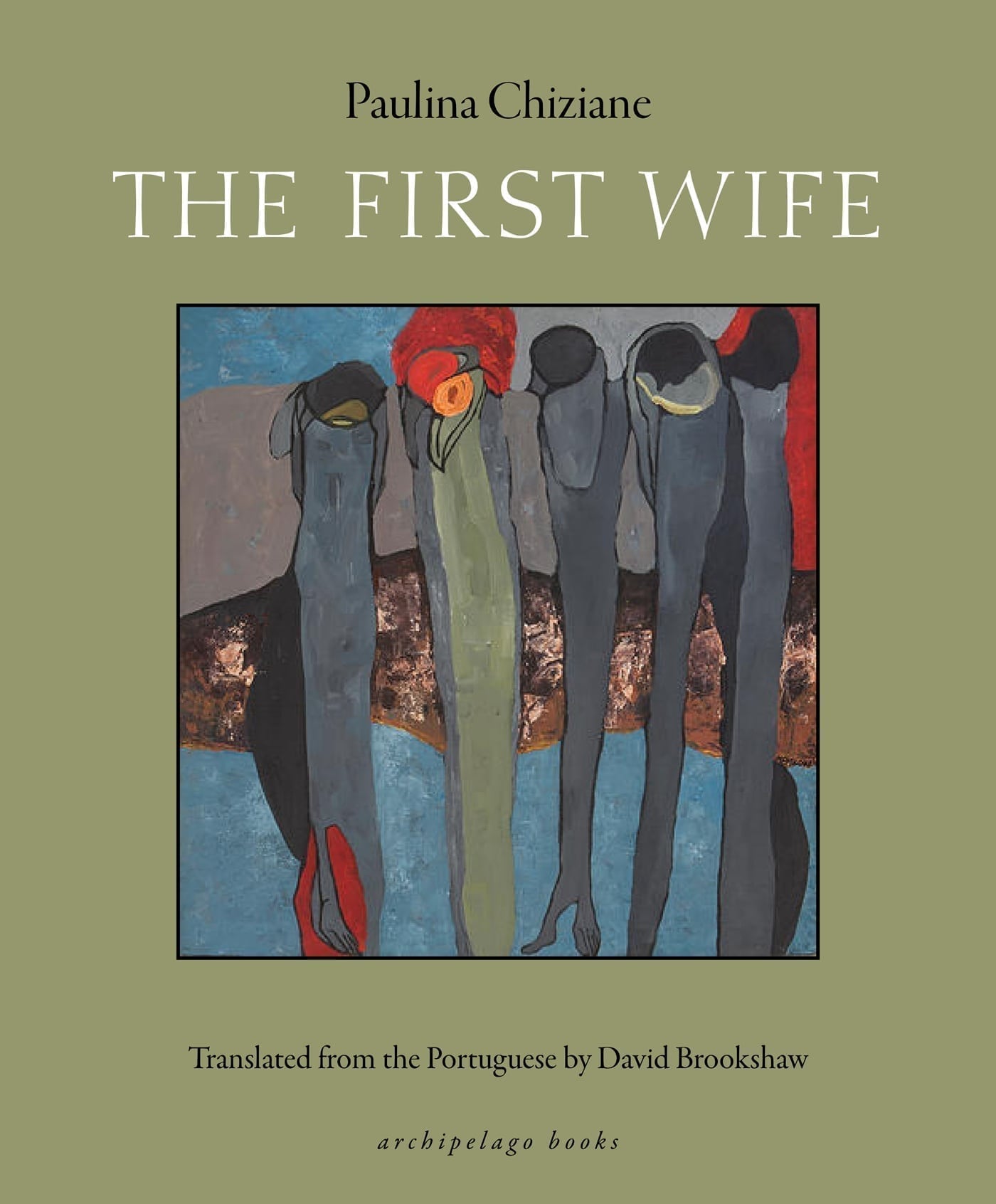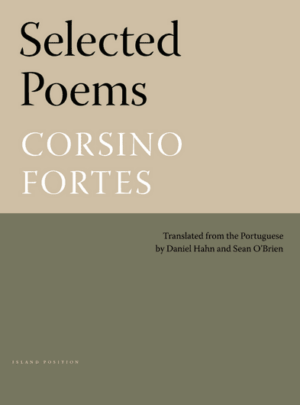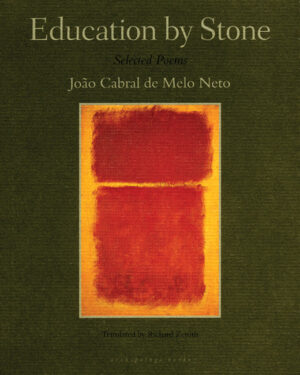Book Description
After twenty years of marriage, Rami discovers that her husband has been living a double – or rather, a quintuple – life. Tony, a senior police officer in Maputo, has apparently been supporting four other households for many years. Rami remains calm in the face of her husband’s duplicity and plots to make an honest man out of him. After Tony is forced to marry the four other women – as well as an additional lover – through polygamist custom, the rival lovers join together to declare their voices and demand their rights. In this humorous and feverishly scathing critique, Mozambique’s first published female novelist explores her country’s tradition and culture, values and hypocrisy, and its subjection of women.
In the style that characterises her writing, the novel pulls no punches, and the polemic it constructs is passionate and engaging. Niketche is alive with intrigue and happenings…It is this sense of strength, of resilience, of passion, and simultaneously of acceptance, of resignation that both excite and irritate that make Niketche such an enjoyable and provocative read.
— Tony Simões da Silva, African Review of Books
Daring, biting in its critique. It describes the plight of women caught between Mozambique's traditional culture and its colonized societies.... Brave work.
— Kirkus Reviews
The story of Rami and her journey toward something resembling freedom is told in lyrical, circular prose that heightens the universality of the situation in which she finds herself ... a careful examination of tradition clashing with modernity ... Slowly, painfully, as tradition looms in the background, Rami and the other women in Tony’s life begin to discover a space for themselves and what it can mean to be more than a part of a 'loving hexagon'.
— Publishers Weekly
The First Wife is a meditation on polygamy and the ways women gain and lose agency in both monogamous and polygamous households...This novel prizes community over solitude among women...the reader leaves with a deeper understanding of one woman’s experiences after living in two different marriage models.
— Colleen Lutz Clemens, World Literature Today
There is a brainy passion that erupts from all of the characters in The First Wife. Polygamy is not just used as a marriage plot but also as a metaphor for a system that is “out of control,” where one State is married to multiple exchange systems and whose children will inherit many histories to sort through once they become the heads of their own households and the next generation’s postcolonial writers.
— Nirmala Jayaraman, The Quarterly Conversation
[Bradshaw's] response to the Niketche is as unexpected as it is psychologically astute.
— Shoshi's Book Blog
Chiziane has crafted a story that is at once an affirmation of African feminism and a rousingly entertaining tale of female friendship that would please any fan of best-selling women’s fiction.
— Barbara Hoffert, Library Journal
Chiziane weaves a big-hearted, seriocomic tale of polygamy and its price...[Her] down-to-earth style in The First Wife is that of an African storyteller, sometimes rhythmical and repetitive, frequently composed of short, staccato sentences in an exclamatory rush.
— Nick DiMartino, Shelf Awareness
The style of writing in the novel feels like an oral tradition. There are repeated phrases, metaphors, similes - often in patterns. I could hear it in my mind the way a mother might pass on the words to her daughter, to prepare her, to warn her.
— Jenny Colvin, Reading Envy
... the narrator expresses the suffering of all women, divided between the desire to live and what appears to be an inner death (...) condemned to lose all her battles and to drift in the shadows.
— Geneviève Vilner, Plural-Pluriel
... the theme also allows her to lead the reader to discover a country and its customs, and to create some magnificent depictions of women.
— Olivia Marsaud, Afrik.com
This is a powerful and angry book...Yet, for all its fury, the narrative is underpinned by an appreciation of the interconnectedness of the human experience. To Chiziane, the suffering experienced by her female characters is part of a loop of wrongdoing and hurt, in which all people are implicated. Rather than women against men, or them and us, gender inequality as seen through this author’s eyes is part of a wider, skewed system, which it behoves all humankind to correct.
— Ann Morgan, A Year of Reading the World
What we have, in Paulina, is the most authentic representation of the problems faced by women in Mozambican society.
— Teresa Noronha, Jornal de Noticias
Chiziane has an elegantly mature authorial voice, a beautifully balanced lyricism and an unfailing sense of imagery and human emotion.
— Mika Provata-Carlone, Bookanista.com
The First Wife is a lively, engaging read, the situations making for a wealth of material for Chiziane to serve up...
— the complete review
Chiziane explores the economics of love and marriage in a country burdened with a history of violent conflict, where men are few and women not necessarily educated or welcomed into the workforce. In such a society, she says, men are the breadcrumbs women must fight over.[...] For better or for worse, so many of the questions about gender, marriage, and money feel familiar and relevant, even to readers for whom polygamy feels profoundly foreign.
— Carolyn Silveira, Words Without Borders
... though there are certainly satirical elements to it, Chiziane has a much greater scope in mind... the novel’s disparate strands on family, marriage, and intimacy come together with the recent history alluded to on its opening page.
— Tobias Carroll, Volume 1 Brooklyn
In the end, The First Wife, rather than going easy on men, amounts to a sustained critique of them. And Chiziane proves herself to be an acute and occasionally outraged observer of the male place in Mozambican society.
— John Vanderslice, The Pleiades Book Review
... the people who will change Chiziane’s country (or any country) need love stories like The First Wife, which admit that no new freedoms are gained without seemingly pointless suffering... Chiziane’s prose alternates between a dramatic, high-octave style... and a terse and humorous frankness. She cites the Portuguese poet Florbela Espanca as her most important influence, and there is something similar in the way both writers are able to express the peaks of emotion, while never forgetting the part of the self which evaluates oneself.
— Sheila Heti, London Review of Books
In their resistance against Tony’s womanizing ways, the women find an unexpected solidarity by banding together and demanding the rights they should be granted by the old rules of polygamy, all while encouraging each other in new quests to be more independent, economically and emotionally . . . This book from Mozambique has a fascinating art to it that’s impossible to resist.
— Leah Rachel von Essen, Book Riot




